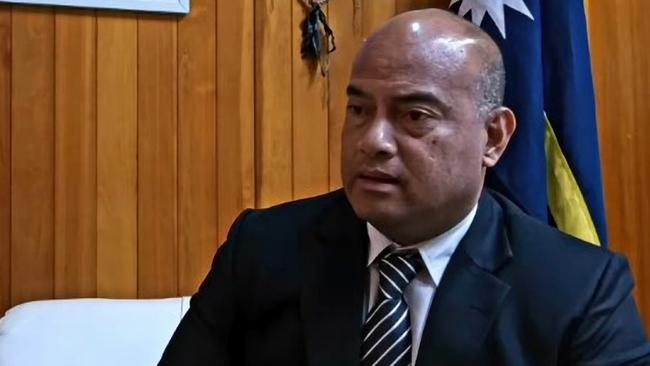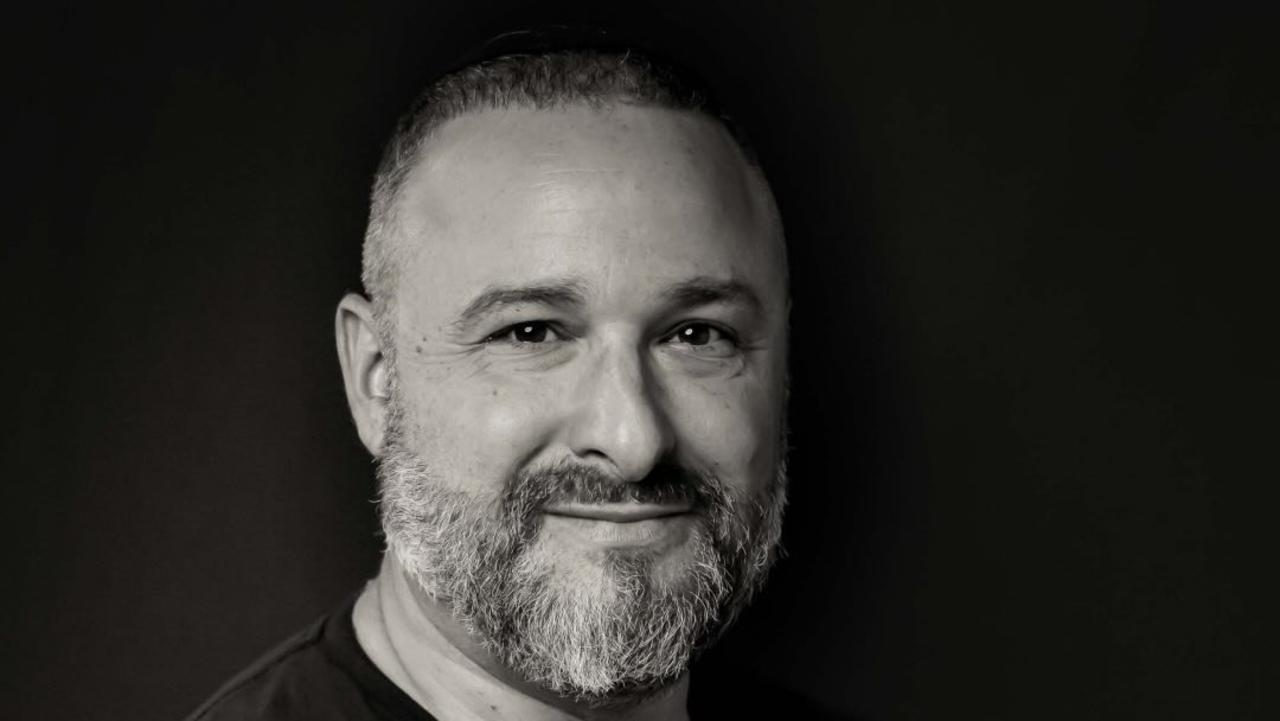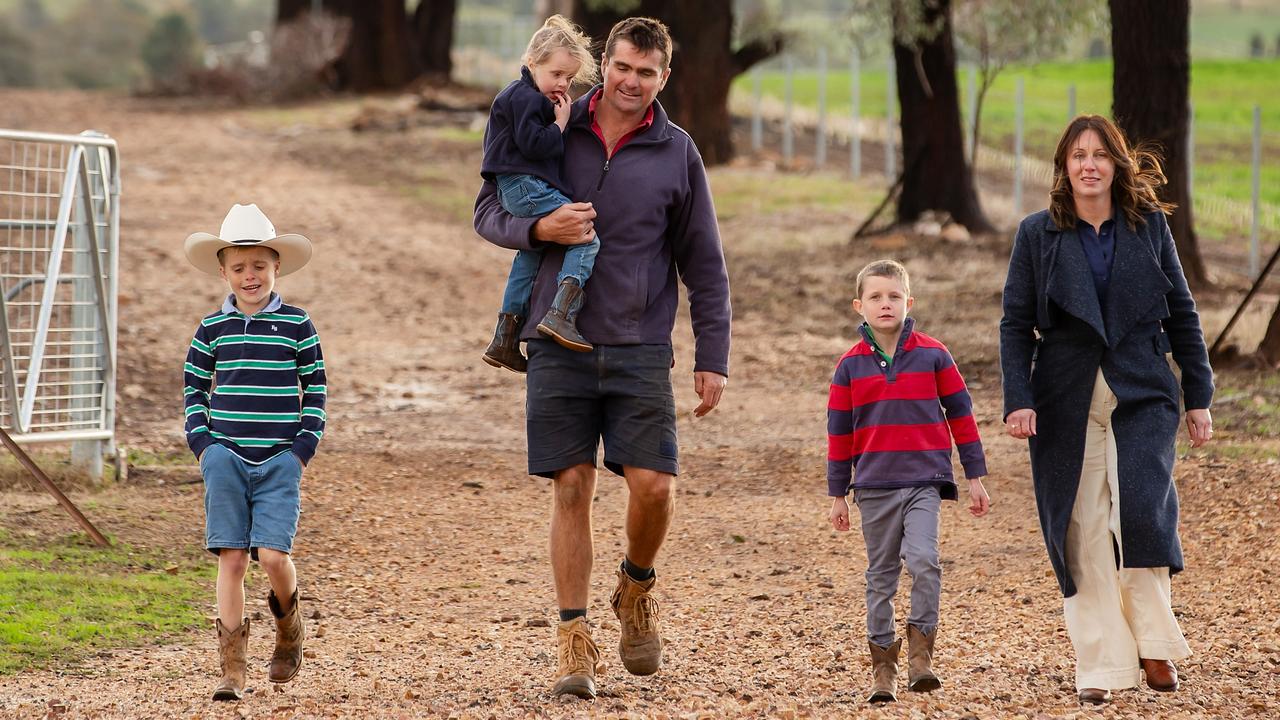‘Too hot to deport’: detainee fights Labor’s Nauru removal plan
A convicted wife killer freed under Labor’s NZYQ bungle is fighting his deportation to Nauru, arguing the weather is too humid and hot.

An immigration detainee and convicted wife killer challenging his deportation to Nauru has told the Federal Court in Victoria that the island’s humidity and heat would impair his breathing, as he secured an order to keep his identity secret.
The Federal Court imposed a suppression order on the identity of an Iranian man who argued against the government’s third country removal powers, focusing on the procedural fairness of cancelling his bridging visa and sending him to Nauru.
The suppression order was granted under a provisional section of the Migration Act, which prohibits the Federal Court from publishing the name of an immigration detainee.
In an extraordinary claim, the Iranian said a pre-existing respiratory condition would place him at risk if deported, citing the island’s “hot weather” and “humidity” – a claim strongly contested by the commonwealth.
Appearing via audiovisual link before Justice Mark Moshinsky from Yongah Hill detention centre in Western Australia, he was rigorously grilled by commonwealth barrister Patrick Knowles SC.
The court heard the detainee had allegedly suffered a medical episode while on a chartered flight from Melbourne to Perth in 2020, when 19 other immigration detainees were being transferred to WA during the pandemic.
Mr Knowles questioned if the detainee had suffered a medical episode from “hyperventilating” instead of an asthma attack.
He said there was no evidence before the court that his asthma was triggered by hot weather.
“I suggest to you that the reason you are giving this evidence to the court is to avoid getting sent to (Nauru),” Mr Knowles said.
“No, you are saying that to benefit you. You are twisting words,” the detainee said.
An unofficial translation from Nauru President David Adeang has also been tendered as evidence on the basis that the parties form an agreement of facts.

In an interview conducted mostly in Nauruan by a presidential aide and uploaded to the government’s Facebook page in February, Mr Adeang confirmed the first three people to be settled under the deal would be granted 30-year visas to live and work freely on the tiny atoll, though the aim was for them eventually to return to their home countries.
Mr Adeang said all those resettled under the deal would be expected to contribute to Nauruan society and would “be subject to the laws of Nauru”.
But, he added, despite their pasts they were entitled to a “normal and peaceful life in Nauru”.
“Maybe they have less than 100 per cent pristine backgrounds … but may we all get along just fine,” he said at the time in a mix of English and Nauruan.
The 30-year visa mirrored the policy of Nauru’s regional processing centre and that the country had the capacity to successfully integrate the “non-citizens”, just as it had previously done with individuals of diverse character, including with criminal histories.
The Assistant Secretary for Regional Program Operations and Policy within the Department of Home Affairs, Shan Strugnell, was also cross-examined in court, but an interim suppression order was granted to prevent reporting of any evidence considered sensitive of relations between Australia and Nauru.
Ms Strugnell had been leading bilateral negotiations between Australia and Nauru.
The court also heard from forensic psychiatrist Jeffrey Cummins, who had diagnosed the detainee with complex PTSD.
Mr Cummins was asked whether the presence of a medical practitioner, doctor or nurse familiar with the detainee’s medical conditions would reduce his stress or anxiety levels if placed on a plane with him to Nauru.
He told the court that his level of stress and anxiety on a flight to Nauru would likely have a psychological impact on him.
The hearing continues.






